The Digital ID market is new, exciting and potentially a major growth opportunity in the UK. Lloyds Bank recently joined this emerging space by releasing a new Digital ID app with Yoti – Lloyds Bank Smart ID.
The app gives people a more private, secure and convenient way to prove their age or identity from their phone. It allows people to share specific information with businesses who request it – such as name, date of birth or an ‘over 18’ proof of age – without having to show physical identity documents or share an excessive amount of personal data.
This follows the £10 million investment Lloyds Banking Group made in Yoti earlier this year, which supported the development of the new, reusable digital identity app to help combat the growing risks of identity fraud.
Yoti has already launched a number of successful Digital ID apps. In the UK, the Yoti ID and Post Office EasyID apps are already accepted for a variety of use cases including to prove your identity when picking up parcels at the Post Office or as proof of age at cinemas and convenience stores – as long as you’re not buying alcohol. They are also government-certified as proof of identity for right to work, right to rent and criminal record checks.
Businesses that accept Yoti ID and EasyID can now accept Lloyds Bank Smart ID, which is available in the app stores. The three Digital ID apps are interoperable, so they can be used in all the same places. Together, Lloyds Bank Smart ID, Yoti ID and Post Office EasyID form ‘Digital ID Connect’, the UK’s largest network of reusable Digital ID apps with over four million downloads already.

How Open Banking Influenced The Creation of Lloyds Bank Smart ID
The Lloyds Bank Smart ID app certainly fits into the lineage of Open Banking. The app empowers individuals to control and manage their own identity data.
To use the Lloyds Bank Smart ID app as proof of age and identity, users need to take a picture of their government-approved ID. Yoti verifies the authenticity of the document by completing a number of automated checks.
Users also need to take a selfie which is matched to the photo on their ID document – this prevents people from setting up a Digital ID with another person’s document.
Once Yoti has verified the authenticity of the ID document, users can use their Digital ID to share specific information, such as their name or date of birth. By sharing data piece by piece, they can control the specific details they share rather than showing a full ID.
Lloyds Bank, Post Office and Yoti are also looking at how to cater for people without government-approved ID documents, and Open Banking data may have a role to play here.
The regulatory landscape around digital ID
The UK government has said they are committed to realising the benefits of digital identity, without creating national ID cards. They are introducing legislation which supports this – such as the digital identity and attributes trust framework which is set to be introduced under the Data Protection and Digital Information Bill.
Yoti, Lloyds Bank and the Post Office are committed to bringing Digital ID to as many people in the UK as possible. The introduction of Lloyds Bank Smart ID gives more people the opportunity to create a secure, reusable Digital ID.
The three companies will announce new ways people can use their Digital ID apps over the coming months.




 13:02 16 Nov 2023
13:02 16 Nov 2023  " alt="">
" alt="">

 " alt="">
" alt="">
 " alt="">
" alt="">
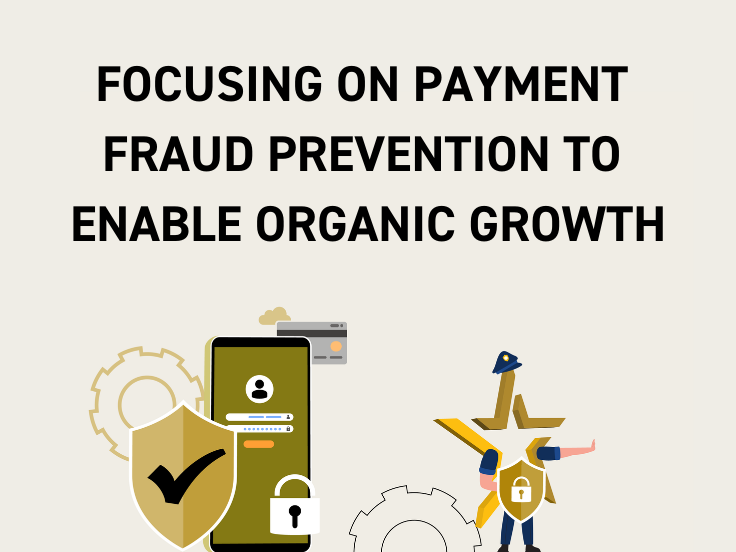 " alt="">
" alt="">
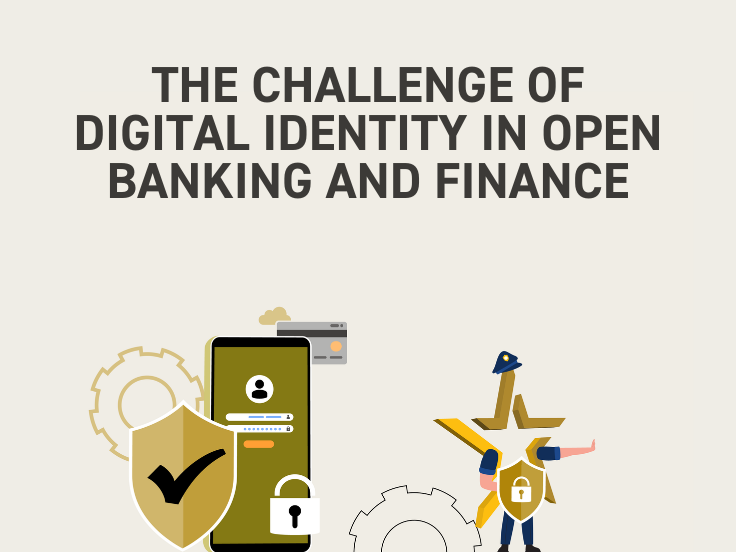 " alt="">
" alt="">
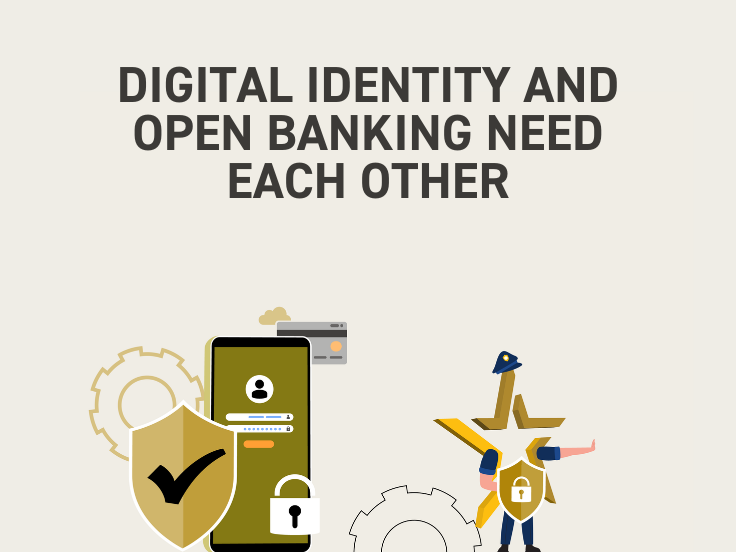 " alt="">
" alt="">
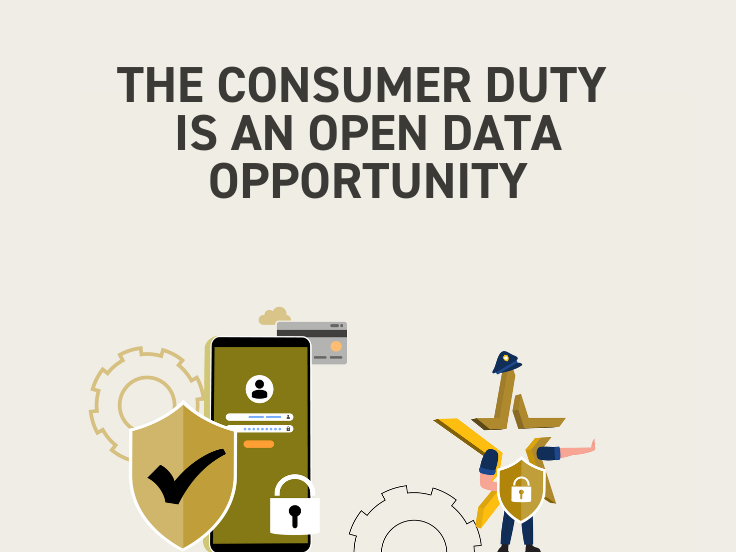 " alt="">
" alt="">
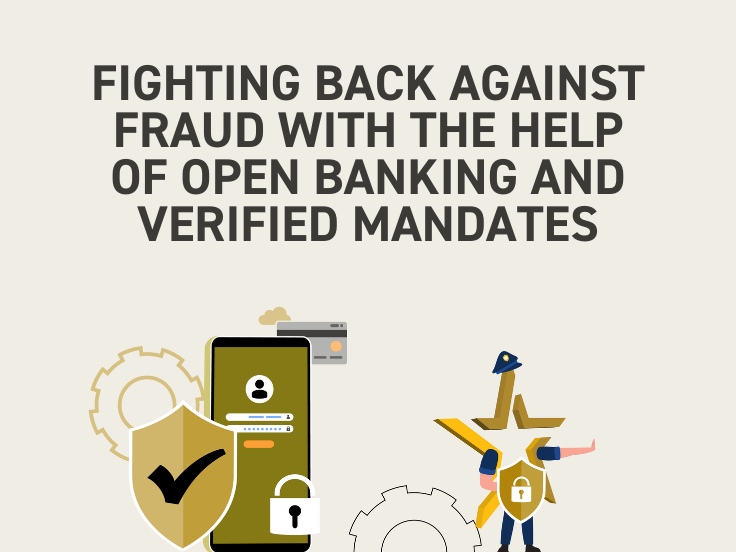 " alt="">
" alt="">
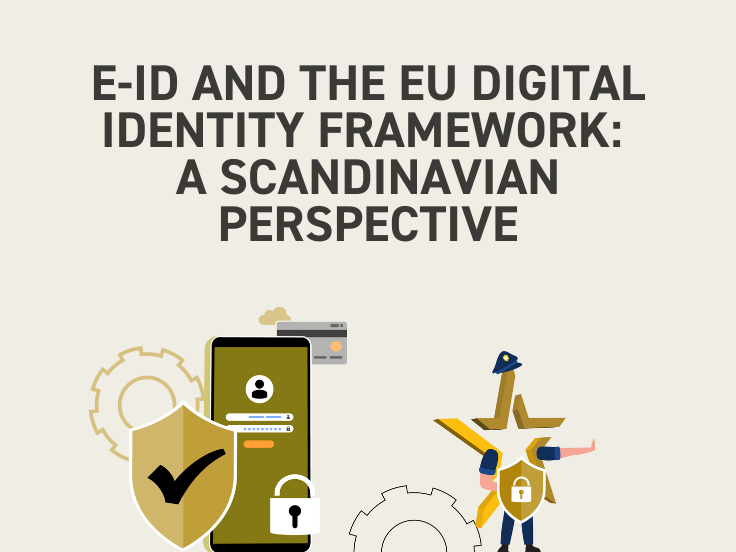 " alt="">
" alt="">
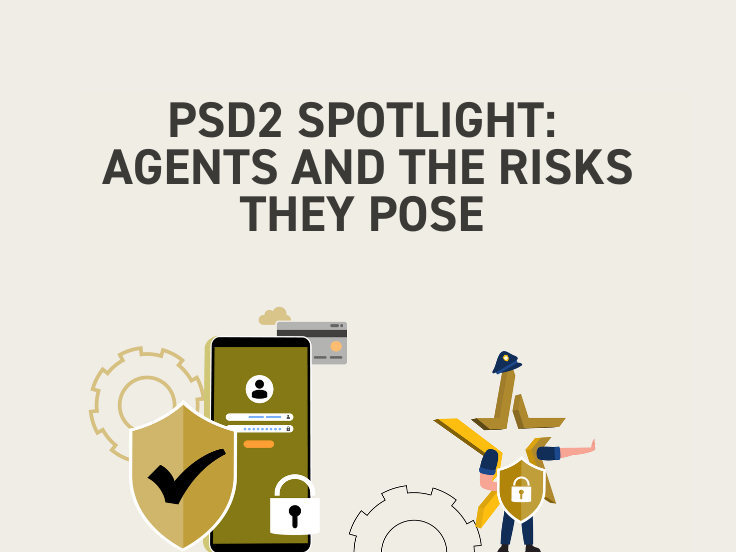 " alt="">
" alt="">